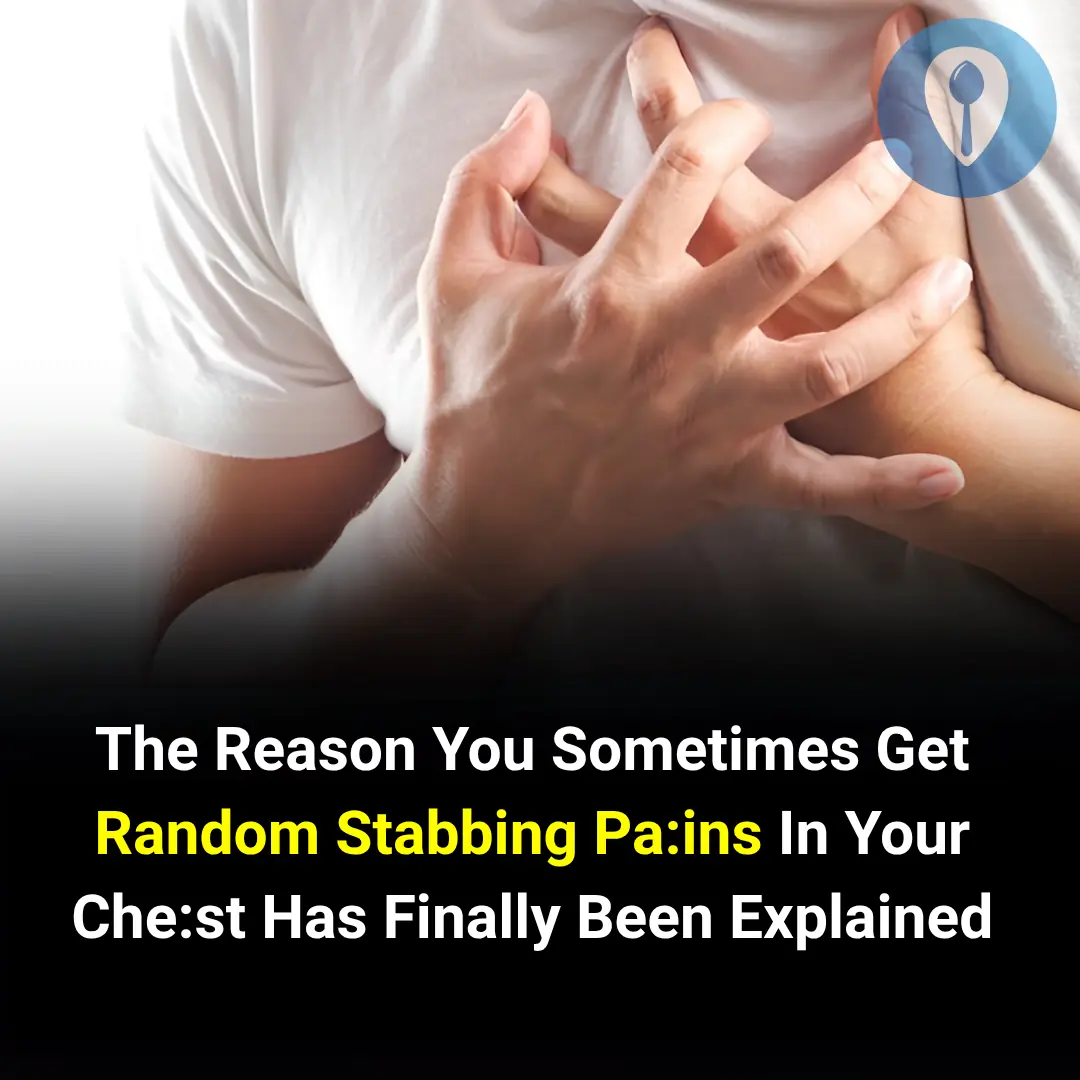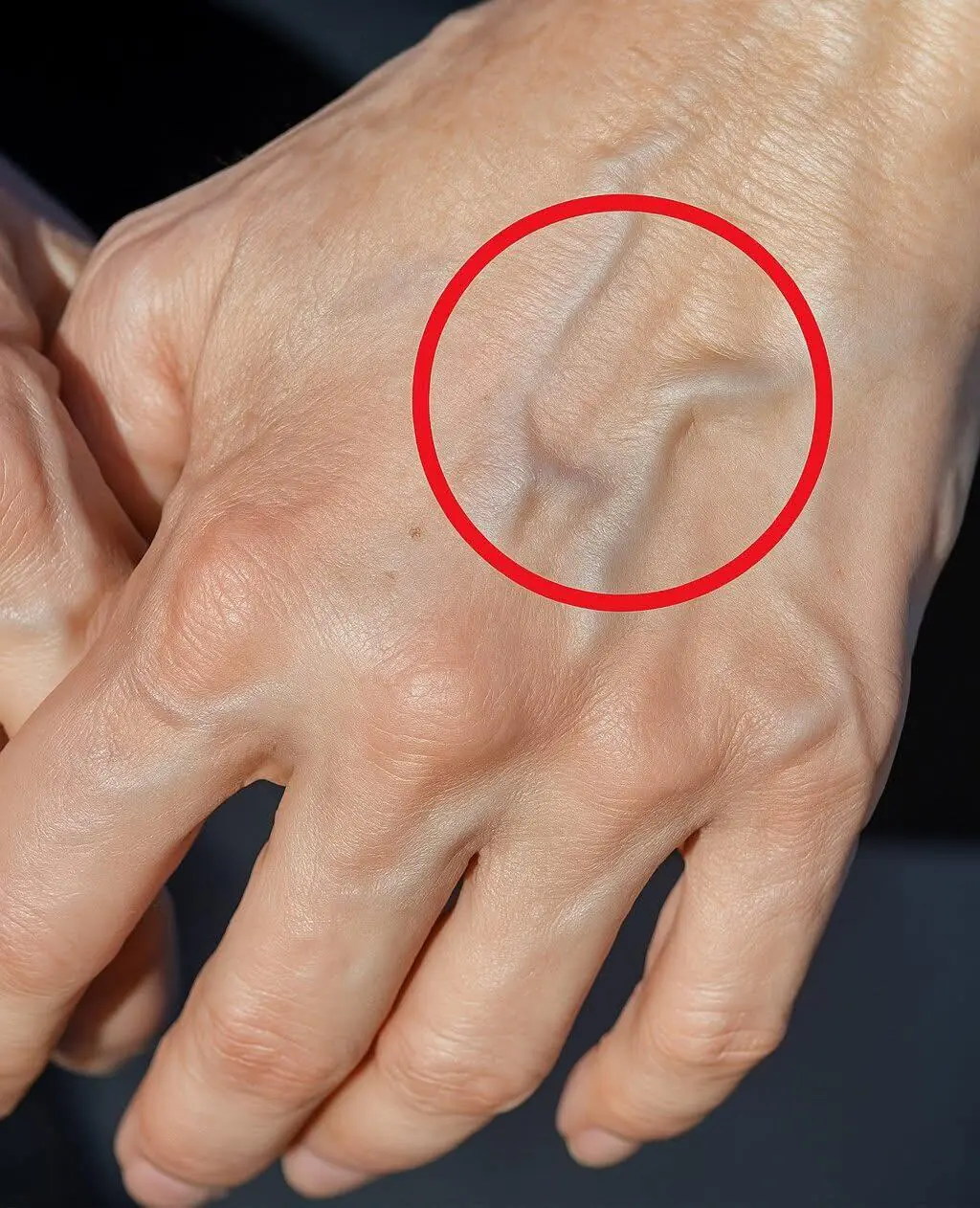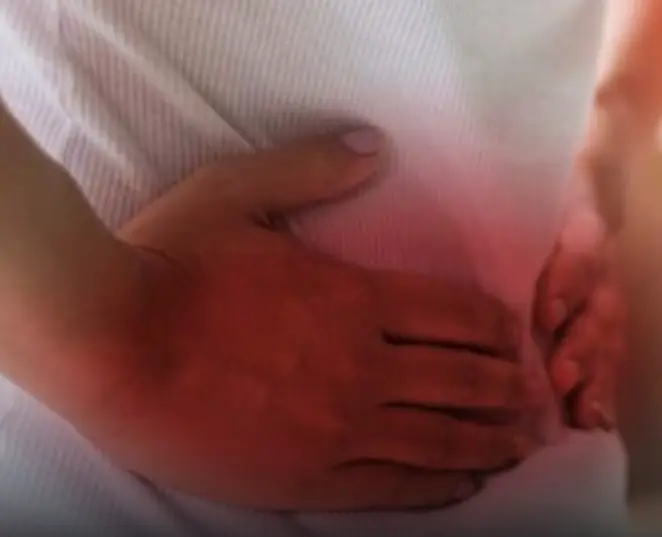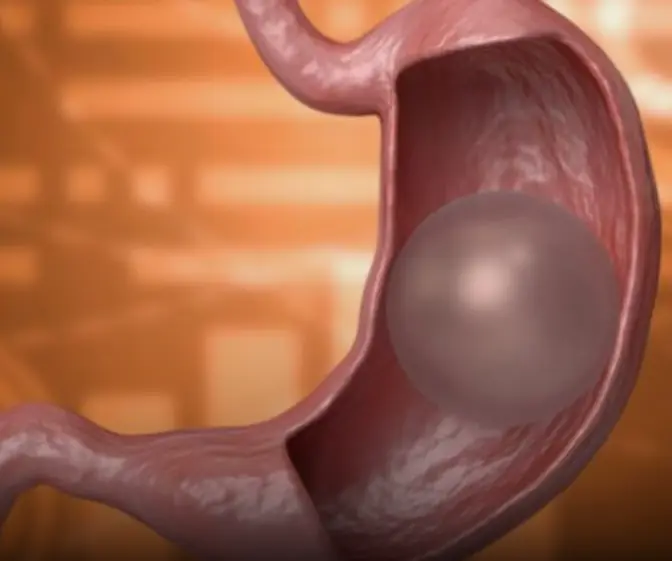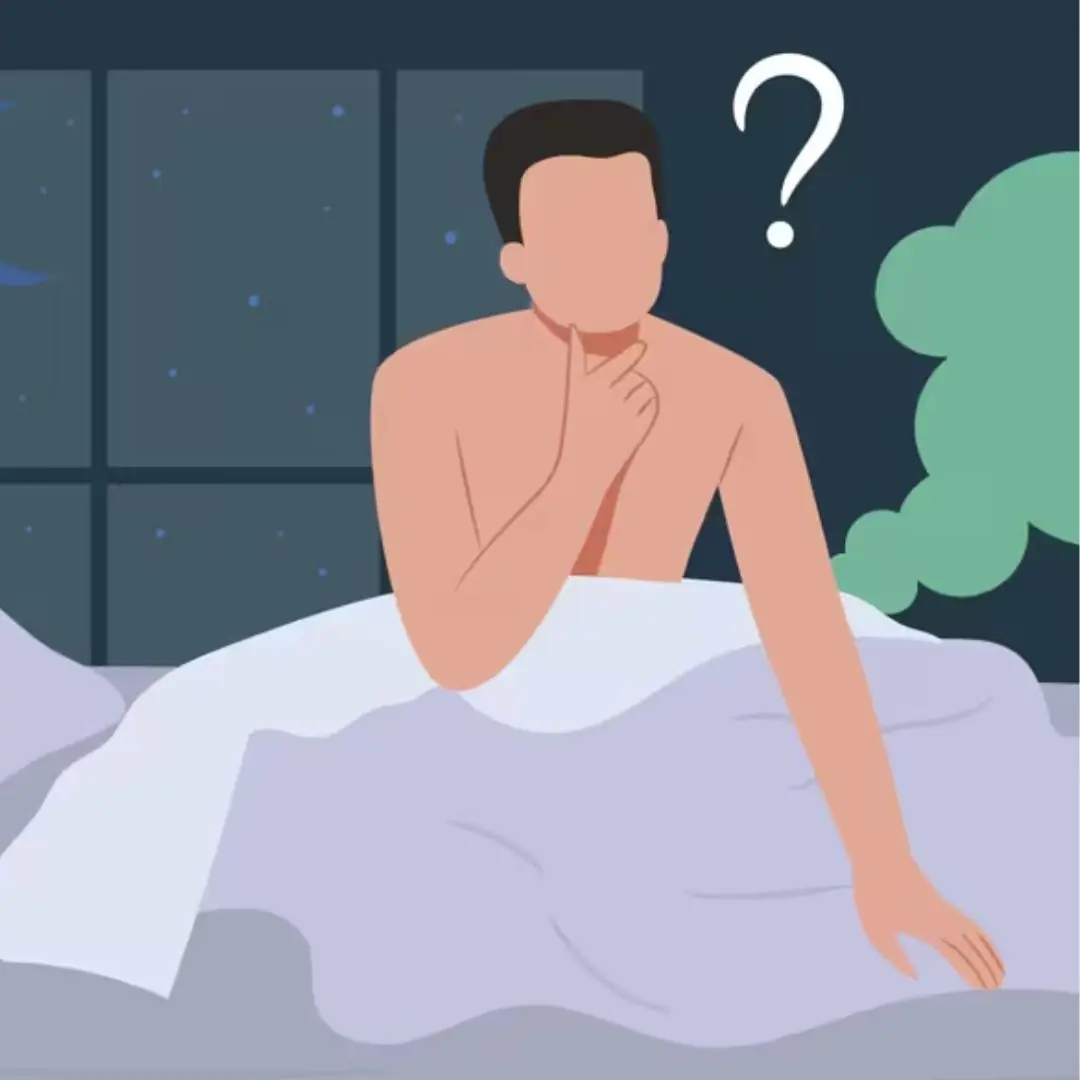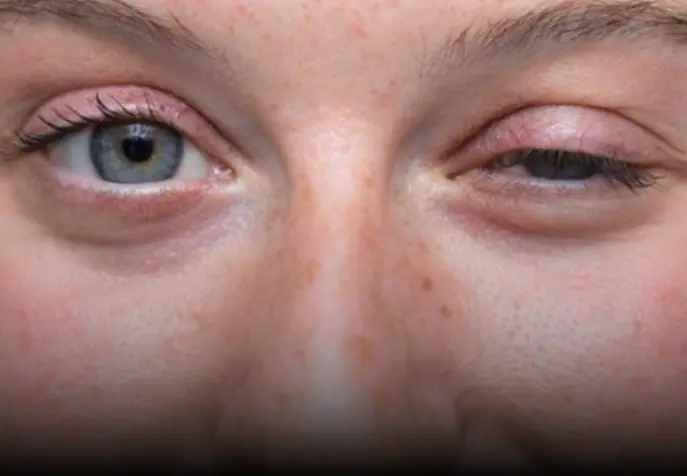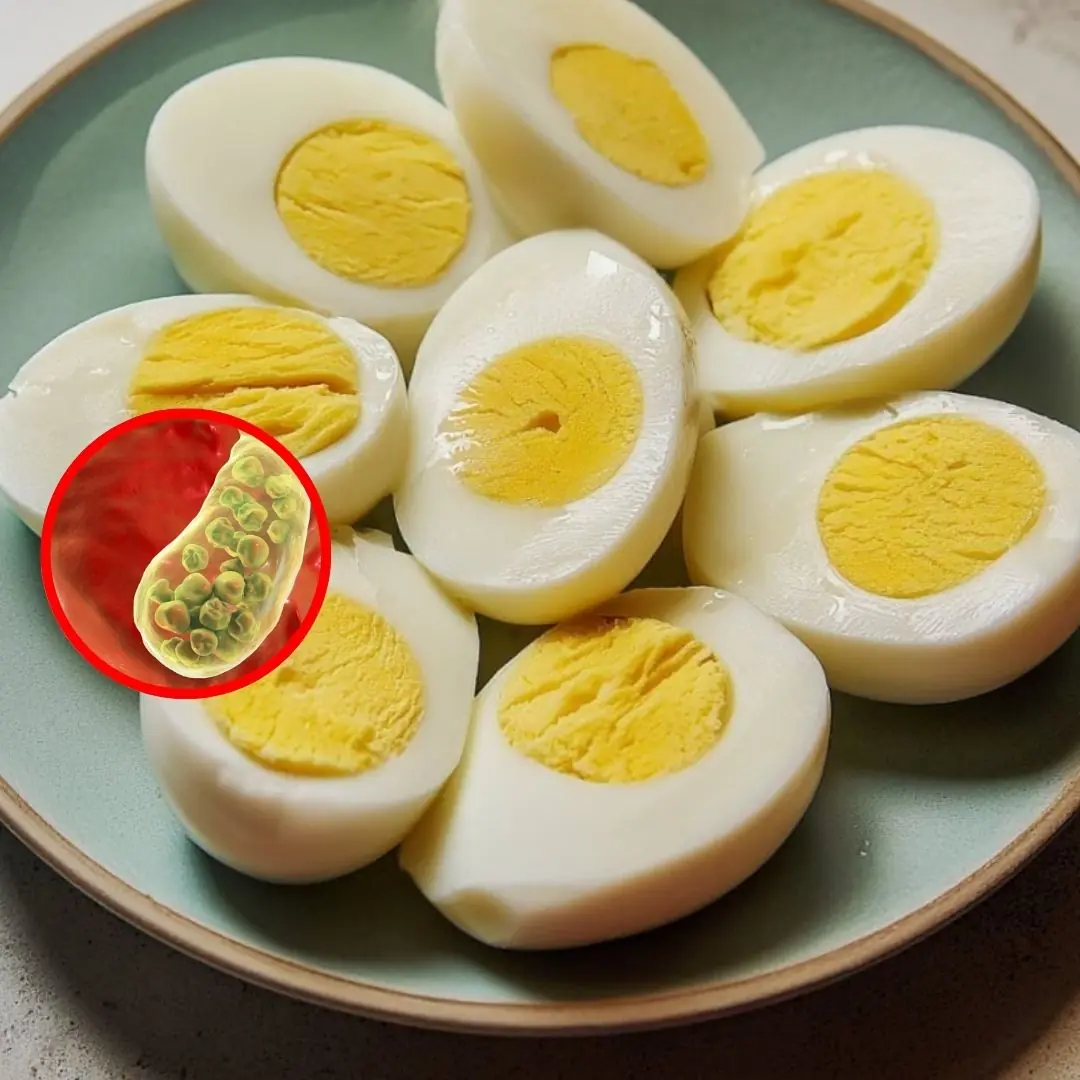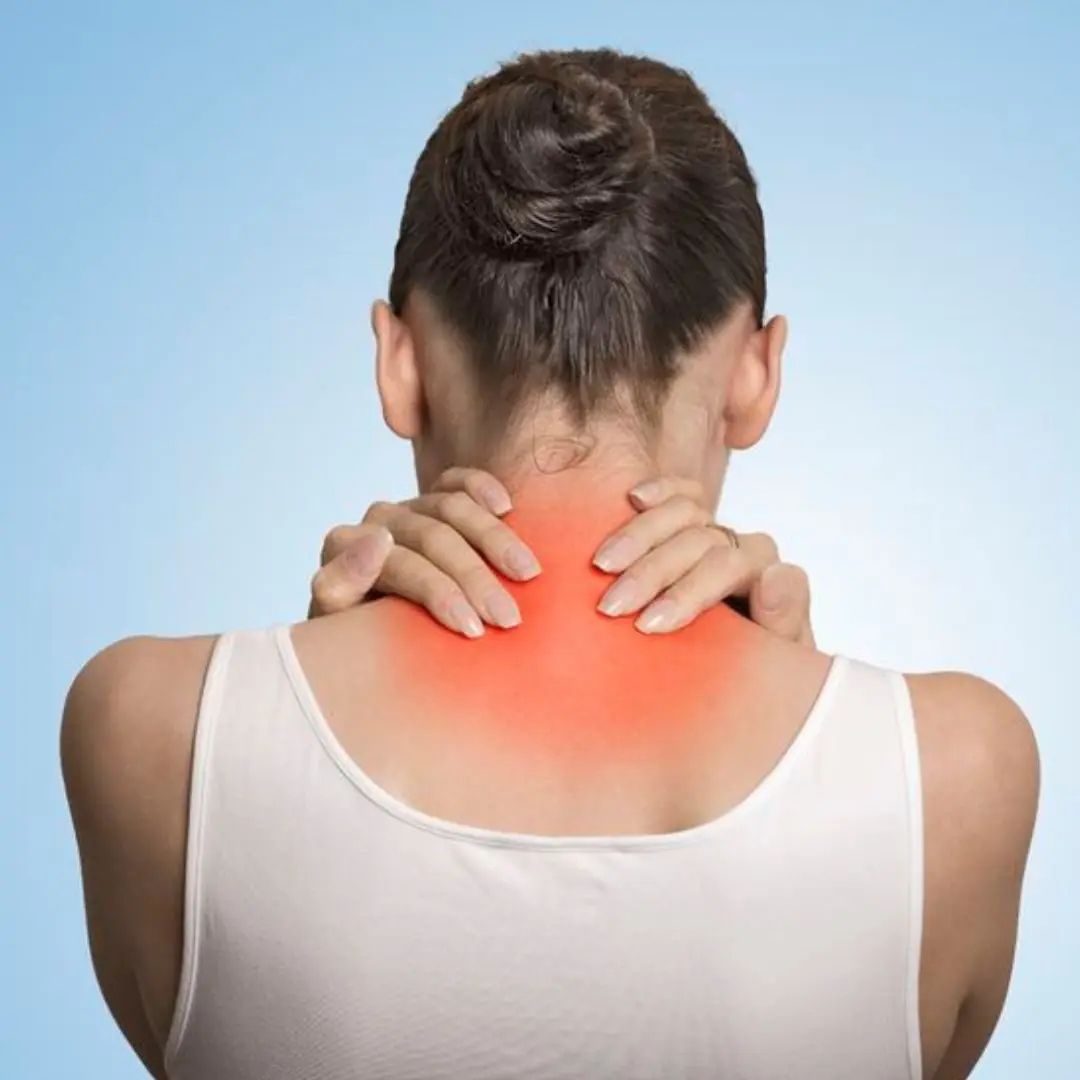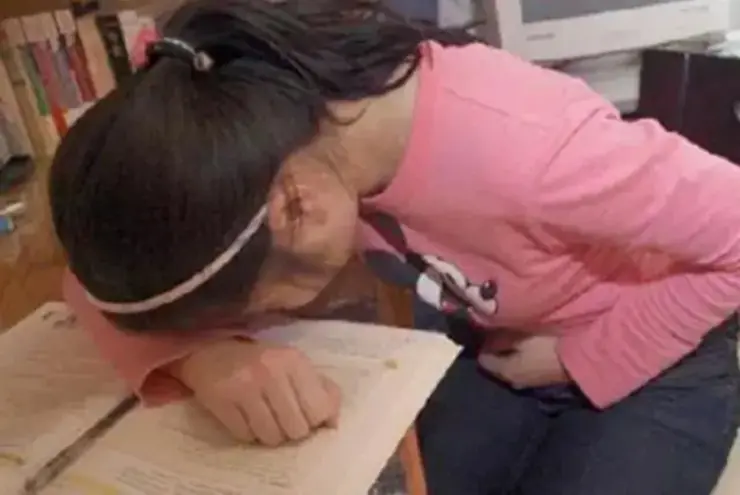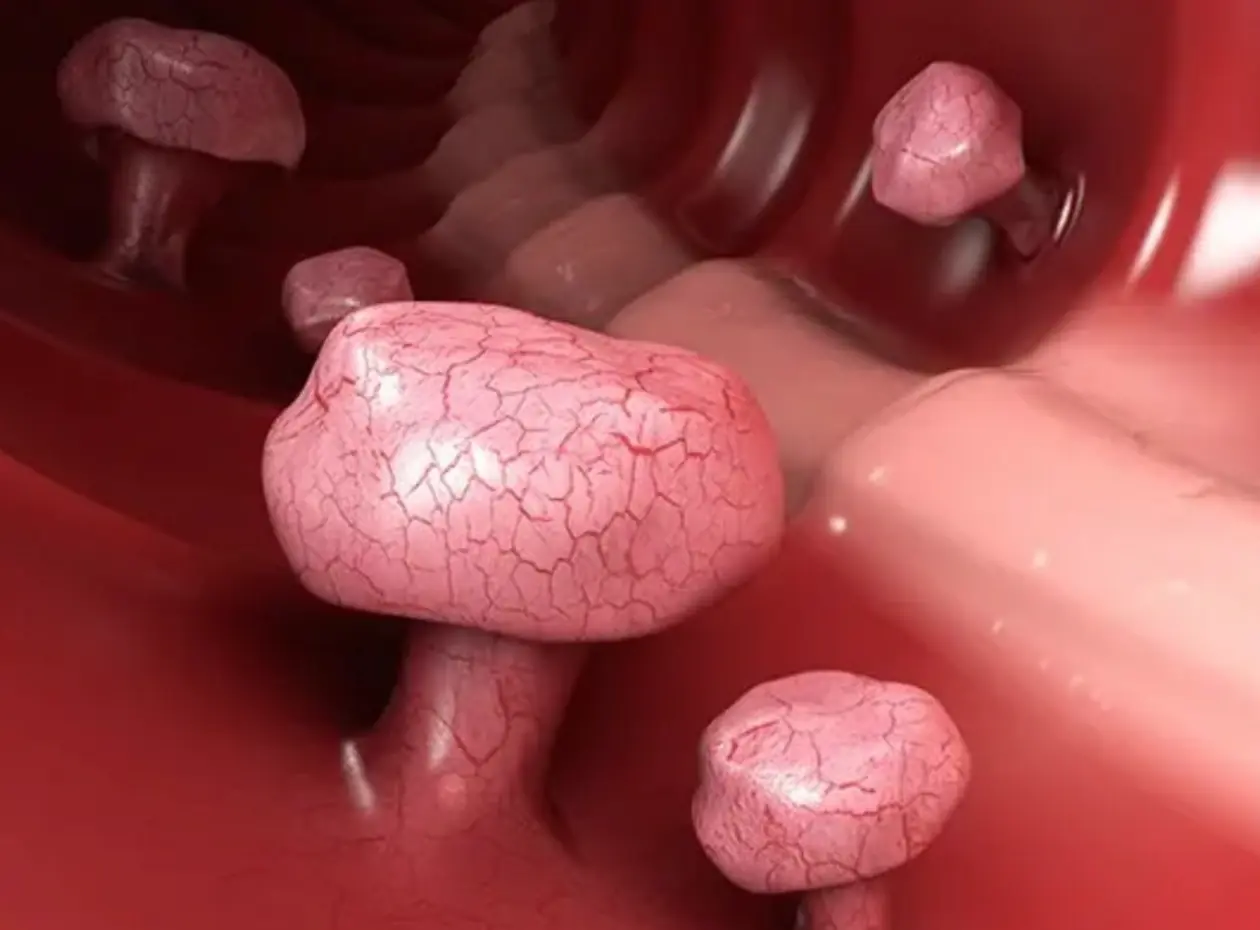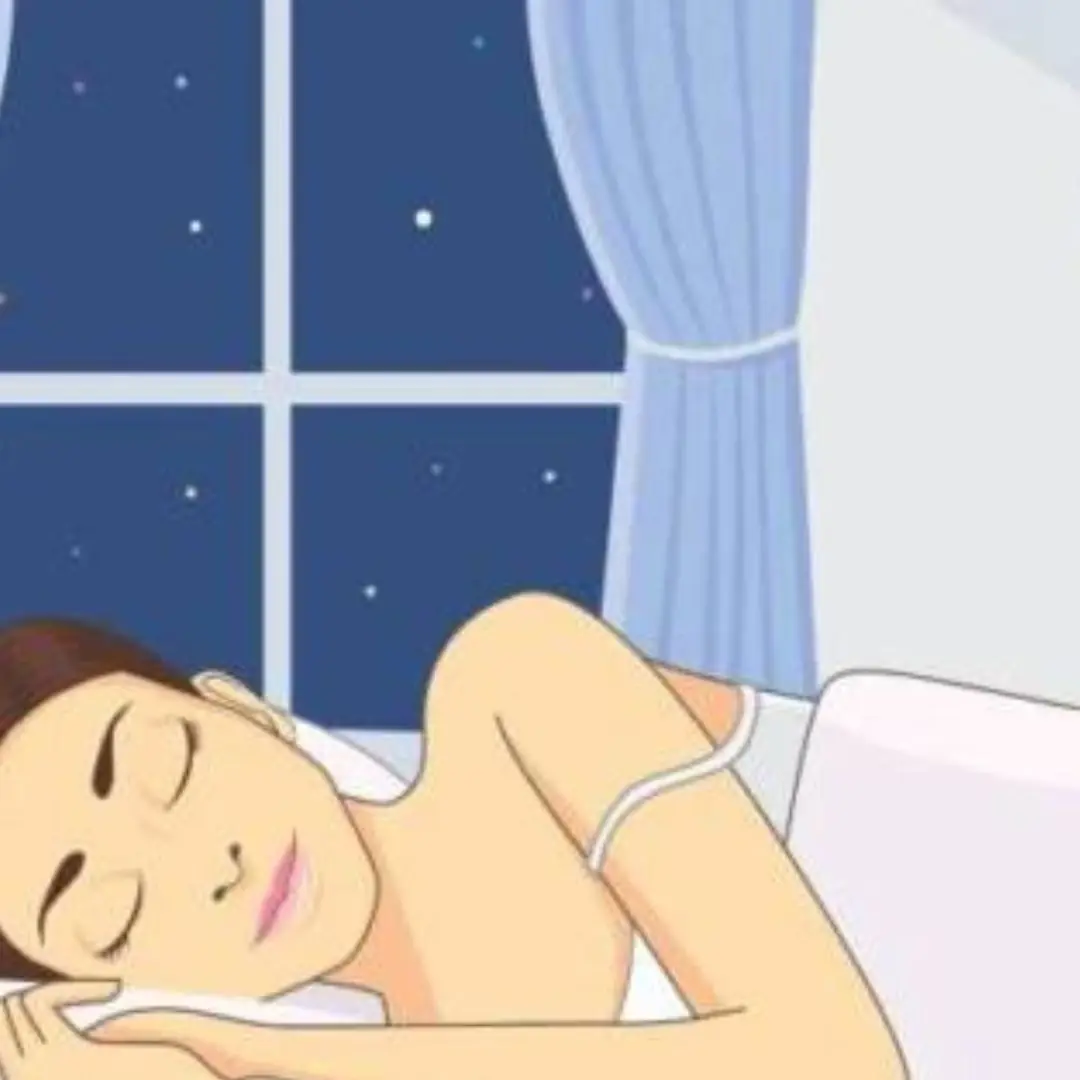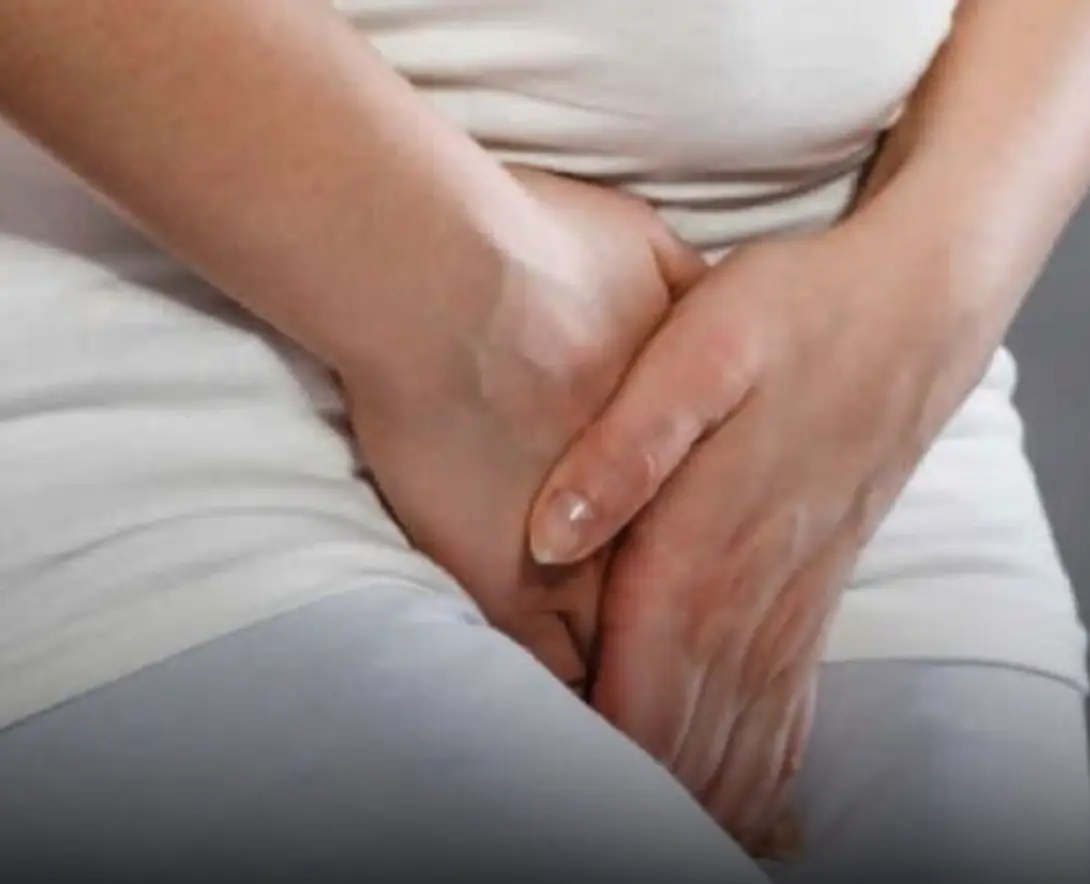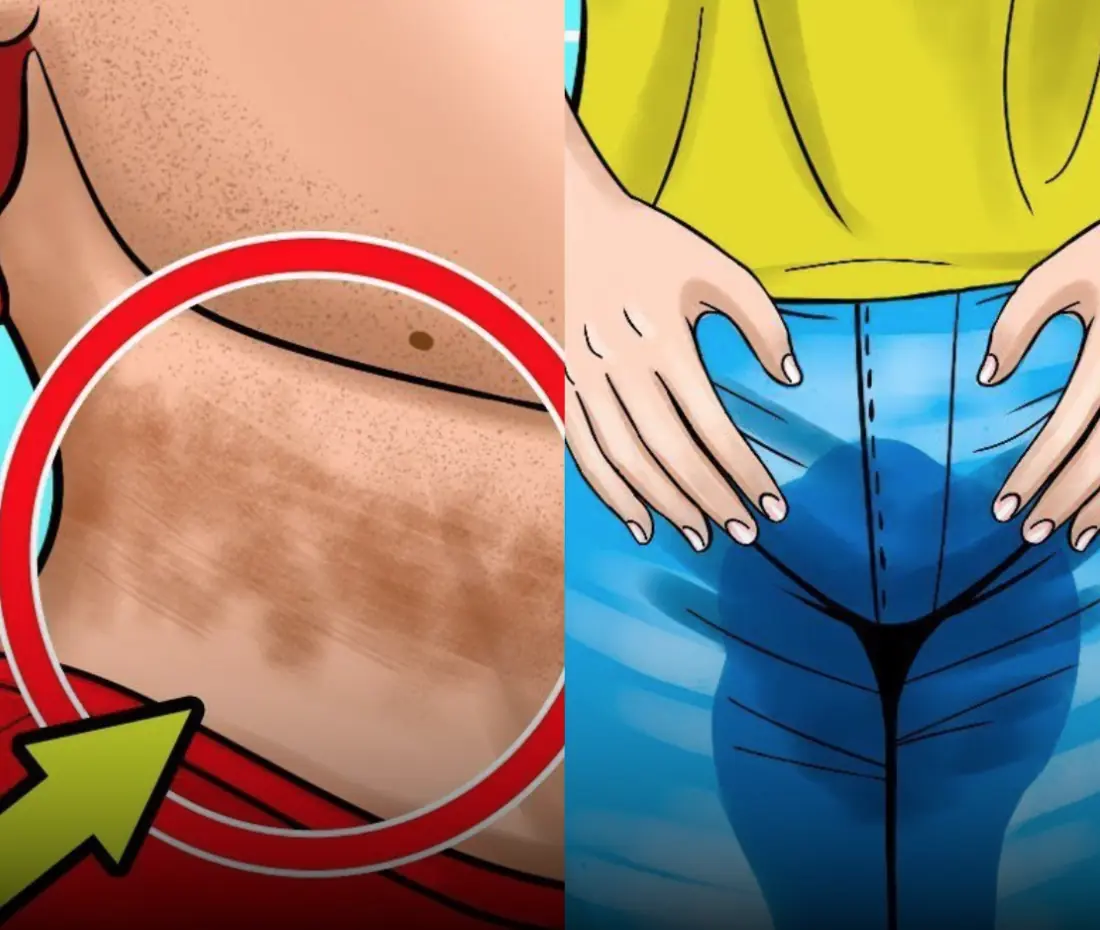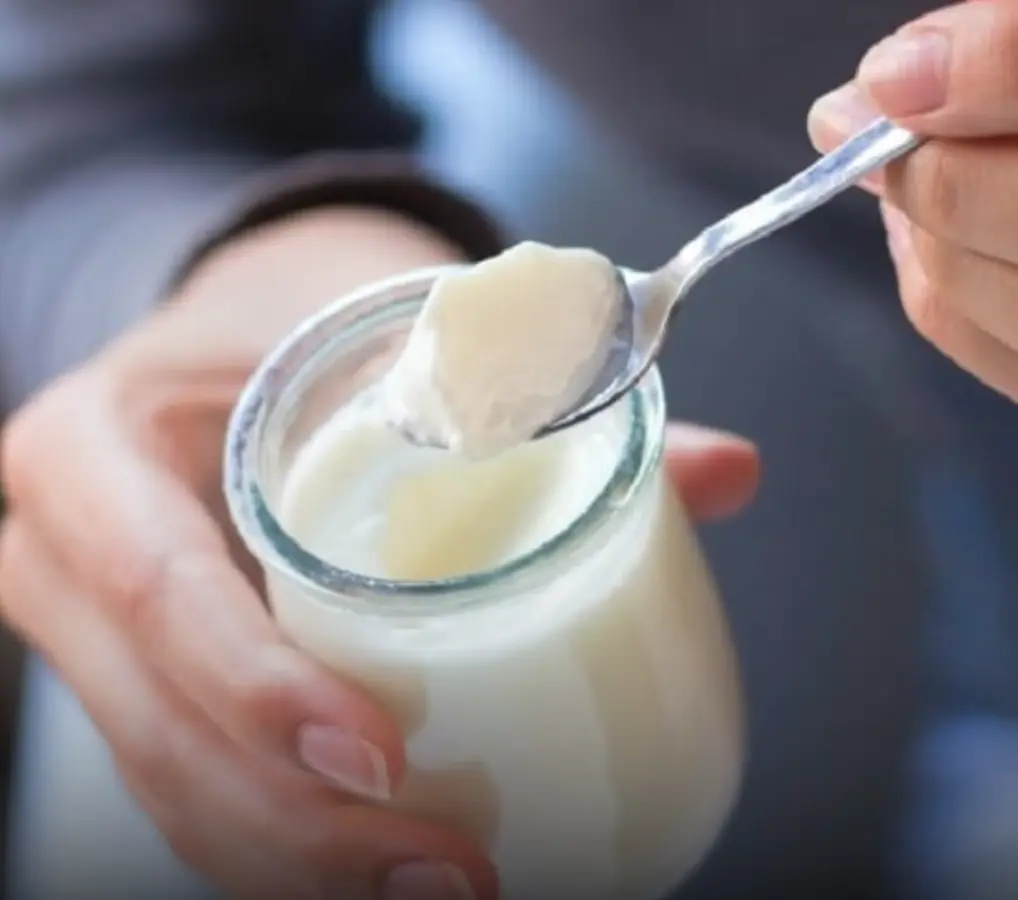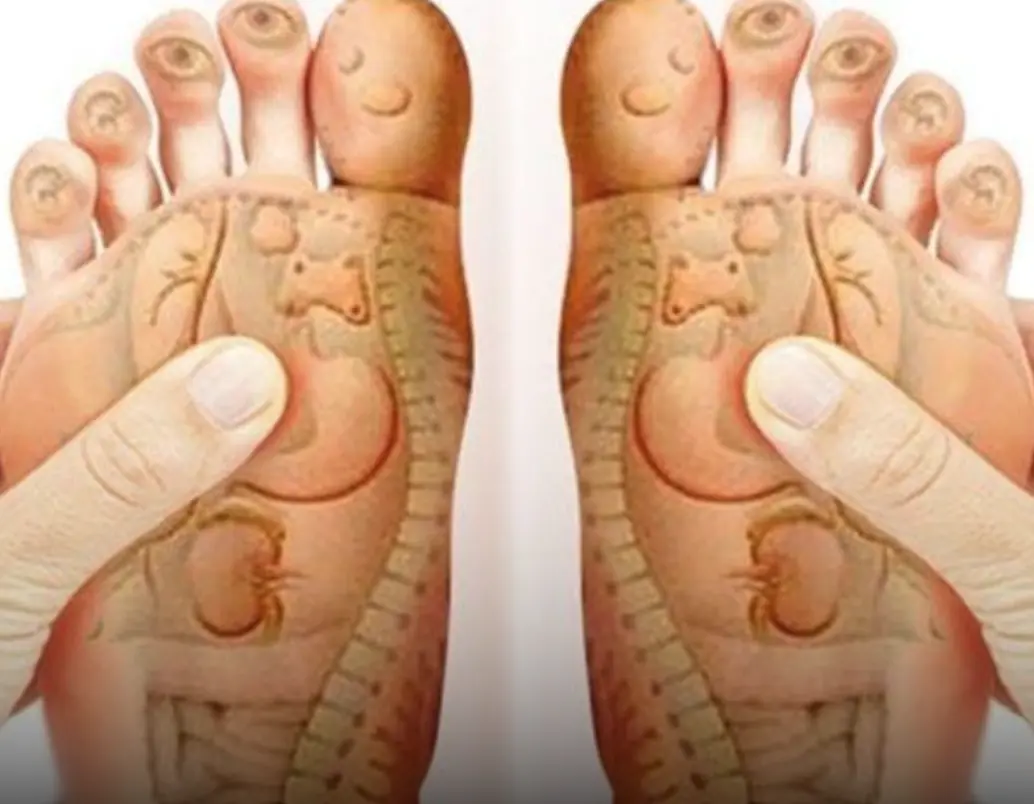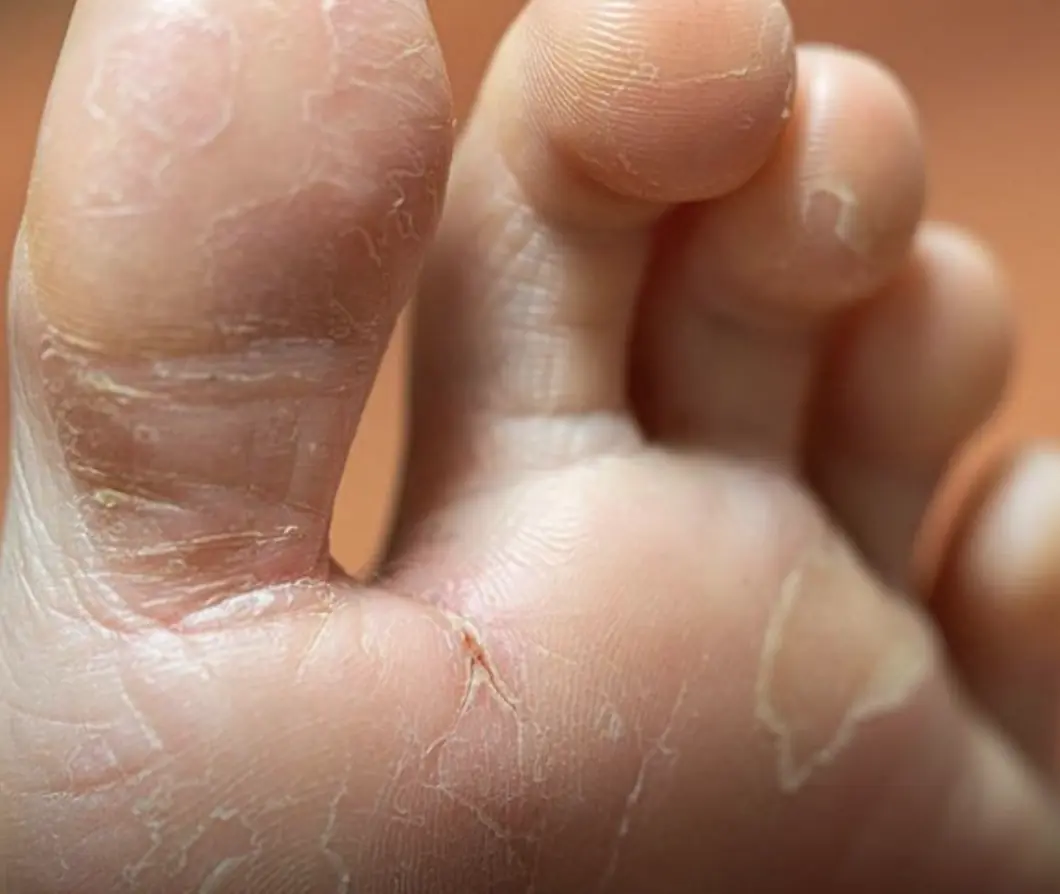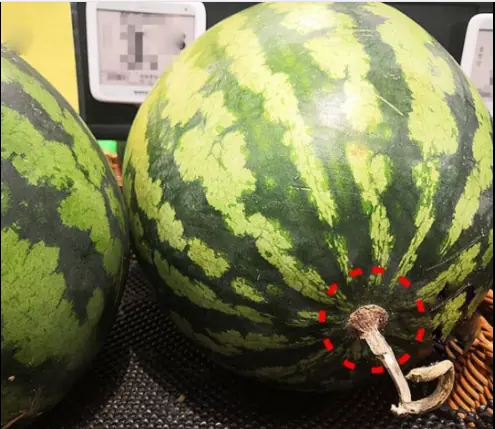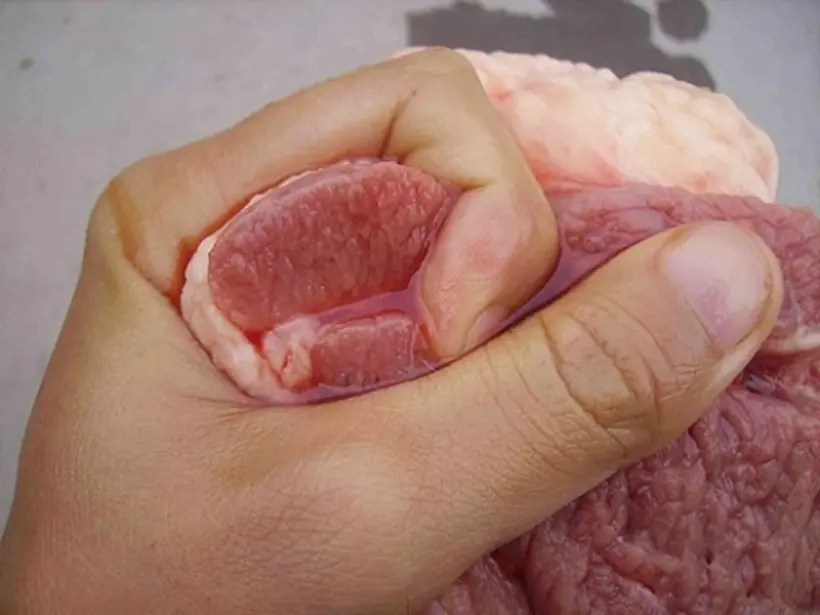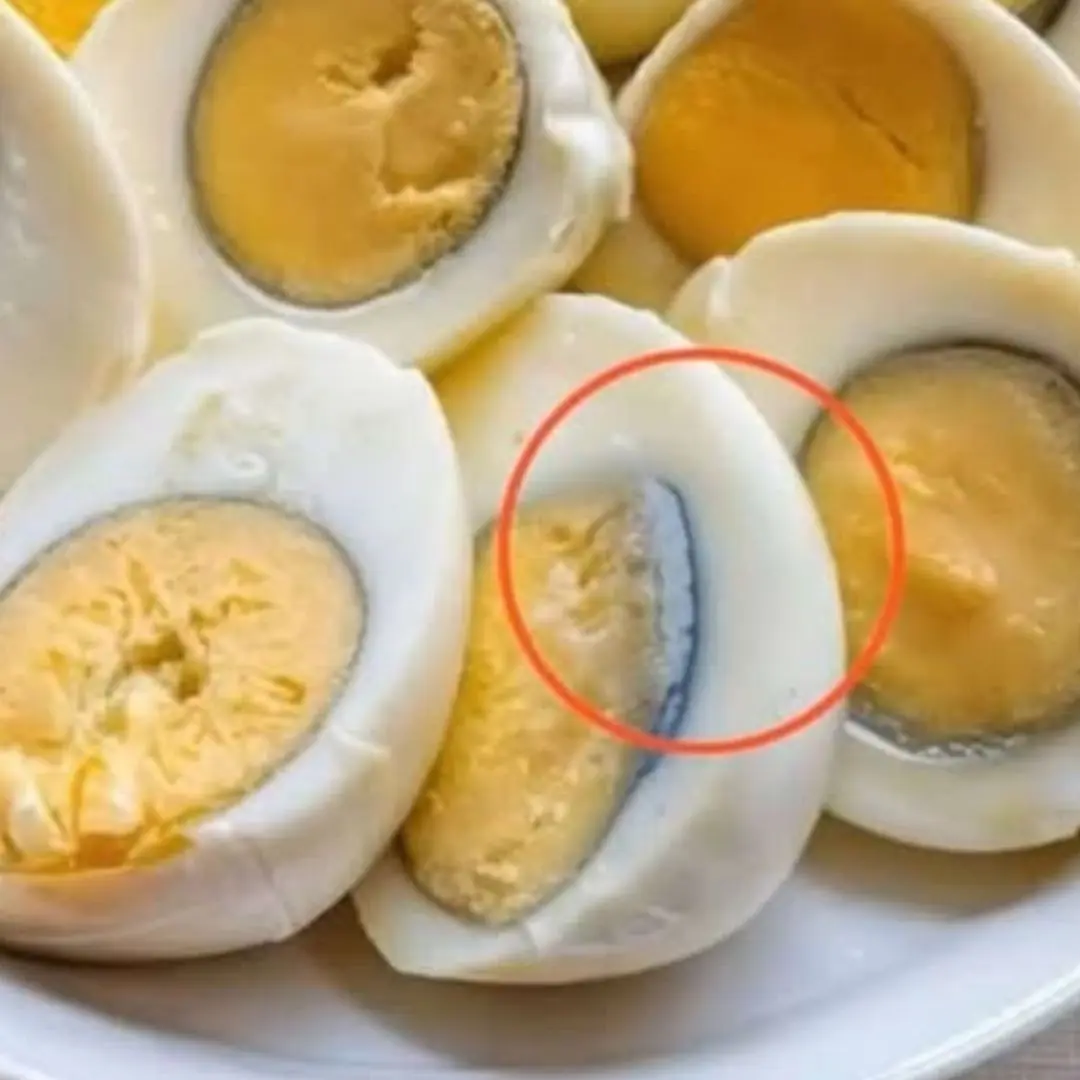Understanding Chest Pain: When It’s Probably Not an Emergency
If you’ve ever dealt with health anxiety, you know the drill: A headache? Brain tumor. A weird mole? Skin cancer. And that sudden stabbing pain in your chest? Obviously, a heart attack. While serious conditions can cause chest pain, most of the time it’s something far less scary—especially if it’s a single symptom. Let’s break down a common culprit behind harmless chest twinges and when you should worry.
What Is Precordial Catch Syndrome?

Ever felt a sharp, stabbing pain in your chest while breathing? It might be precordial catch syndrome (PCS). Often called “Texidor’s twinge” or “chest wall twinge syndrome,” this harmless condition feels alarming but isn’t linked to heart or lung issues.
Key facts about PCS:
- Feels like: A sudden, sharp pain (often under the left breast) that worsens when breathing in.
- Lasts: Seconds to 3 minutes.
- Who gets it? Mostly teens and young adults.
- Triggers: Slouching, light activity, or even sitting still.
- No other symptoms: Unlike heart attacks, PCS doesn’t cause nausea, sweating, or pain spreading to the arm or jaw.
Doctors aren’t entirely sure what causes PCS, but it’s likely due to irritated nerves or muscle spasms in the chest wall. “It’s like a pinched nerve between the ribs,” explains Dr. Joe Whittington, an emergency physician. The good news? It usually fades on its own by your 20s.
How to ease PCS pain:
- Sit or stand up straight.
- Take slow, shallow breaths until it passes.
Other Common (and Non-Scary) Causes of Chest Pain

- Costochondritis
- What it is: Inflammation where ribs meet the breastbone.
- Feels like: Tenderness or aching that worsens with coughing or movement.
- Causes: Exercise, injury, or even a bad cough.
- Fix: Rest, heat/ice packs, and over-the-counter pain relievers.
- Gastritis or Heartburn
- What it is: Stomach inflammation or acid reflux.
- Feels like: Burning in the chest, bloating, or indigestion.
- Triggers: Spicy foods, alcohol, stress, or medications like ibuprofen.
- Fix: Antacids, diet changes, or talking to your doctor.
- Anxiety or Panic Attacks
- What it is: Your brain triggering a “fight-or-flight” response.
- Feels like: Chest tightness, racing heart, dizziness, or shortness of breath.
- Fix: Deep breathing, grounding techniques, or professional support.
When to Take Chest Pain Seriously

Most chest pain isn’t an emergency, but call 911 or go to the ER if you have:
- Crushing pain that lasts more than 5 minutes.
- Pain spreading to your jaw, neck, arm, or back.
- Shortness of breath, nausea, sweating, or fainting.
- A rapid or irregular heartbeat.
Even if it’s “just” anxiety or PCS, talk to a doctor if:
- The fear of symptoms disrupts your daily life.
- Pain keeps returning or feels uncontrollable.
